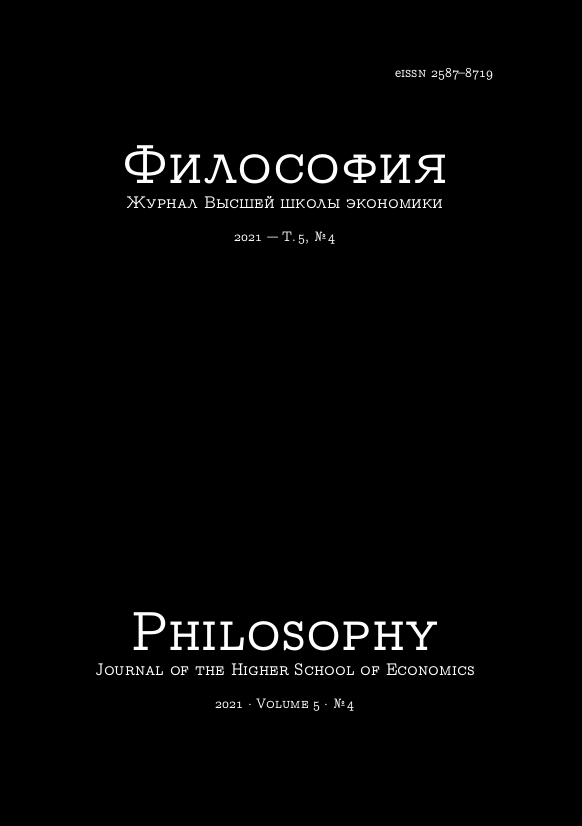God-Pantocrator and God-Coordinator
The Status of a Miracle in the Scientific Revolution
Abstract
Scientists and philosophers of the 17th century, with all the novelty of their ideas, at the same time were in no hurry to reject the concept of a miracle, although many of them, such as I. Newton, rejected the understanding of a miracle as a violation of the laws of nature, its “ordinary course”. On the whole, with regard to the Christian concept of the miracle in the natural philosophy of the early modern period, a very uncertain situation developed. On the one hand, in the era of the Scientific Revolution, there was a clear tendency to explain extraordinary phenomena by the action of natural causes, which in theology found its meaningful expression in the Protestant concept of the cessation of miracles (cessatio miraculorum) in post-apostolic times, and in philosophy (more precisely, in the philosophico-theological literature), especially in the teachings of B. Pascal, R. Descartes, B. Spinoza, D. Hume and other authors, in an effort to build a rational theology in which the status of a miracle turned out to be very uncertain. On the other hand, the difficulties that arose in science after I. Newton's discovery of the law of universal gravitation and associated with the problem of actio in distans, forced researchers to resort to theological concepts and images in natural-philosophical reasoning, in particular, to refer to the concept of a miracle. The latter circumstance required the development of a new understanding of miracles, namely the concept of “coincidence miracles”, which made it possible to preserve the apologetic functions of miracles and at the same time to neutralize the philosophical and theological criticism of the concept of miracle by B. Spinoza and D. Hume. My aim in this article is to demonstrate that the relationship between theological and scientific (more precisely, natural-philosophical) problems is by no means reduced to the use of theological concepts in the process of the formation of classical science in the mode of general reasoning by analogy or as general ideological statements. Theological concepts turned out to be included in natural-philosophical discourse on a par with purely physical arguments, and, on the contrary, theological thought had to somehow react to natural-philosophical discoveries, which ultimately led to a mutual adjustment of both natural-philosophical and theological concepts.
Downloads
Copyright (c) 2021 Philosophy. Journal of the Higher School of Economics

This work is licensed under a Creative Commons Attribution-NonCommercial 4.0 International License.






